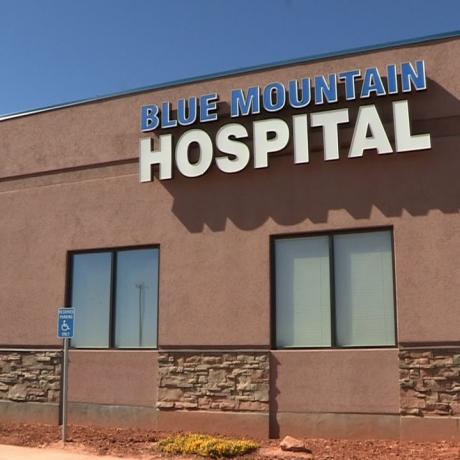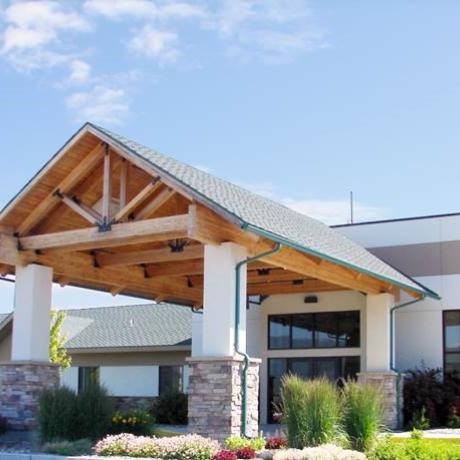Fairview Regional Medical Center (FRMC) has been recognized by the National Rural Health Resource Center (The Center) for its use of innovative approaches for recruiting and retaining clinical and administrative staff.
The “Best Practices Recognition,” presented by the Technical Assistance & Services Center (TASC), a program of The Center, and the Federal Office of Rural Health Policy, recognizes innovative approaches to workforce recruitment and retention in the country’s critical access hospitals, small rural hospitals, rural EMS agencies, and rural health clinics. FRMC, a 25-bed critical access hospital located in Fairview, Oklahoma, earned the honor because of its initiatives that are designed to grow the hospital’s nursing, medical laboratory technology, and information technology workforce.
“Workforce-related issues have always been at near-crisis levels in rural areas," said FRMC CEO Roger Knak. “It is very difficult to get someone to move to a rural area, so the only answer to a sustainable workforce is to grow your own. That results in a loyal and stable workforce.”
One of FRMC’s strategies for finding candidates for often hard-to-fill positions has been to “train up” current employees, providing them with a new set of skills that allows them to transition to a new role.
FRMC administrators have turned to the organization’s current certified nursing assistants (CNAs) — entry-level roles that provide basic care and support to patients while under the supervision of licensed practical nurses (LPNs) or registered nurses — for one solution: offering CNAs the opportunity to gain the certification necessary to become LPNs.
Once interested CNAs complete their training in practical nursing at nearby Northwest Technology Center in Alva and pass their licensing exam, they’re able to provide more comprehensive care to FRMC’s patients: from monitoring vital signs to administering medications.
The hospital provides those employees with a stipend (equal to 30 hours per pay period) while they are in school and the hospital’s foundation awards tuition assistance.
In the past year, the program has trained and employed two new LPNs.
FRMC has taken a similar in-house approach to filling positions for medical laboratory technologists, staff members who perform the diagnostic testing of blood and body fluids.
A newer initiative taps current employees interested in expanding their knowledge and skills in the medical laboratory field and encourages them to complete a combination of online training (through a community college in Kansas) and on-the-job training at the hospital.
The initiative is currently supporting two employees.
The region’s high school students — the future labor force — are also a key part of FRMC’s solutions for workforce challenges.
Every high school junior in the community takes part in an annual field trip to the hospital where they tour the facility and are introduced to job opportunities in the health care field.
One outgrowth of the field trip is an internship program designed for students with an interest in information technology. Now in its second year, the program provides students in their junior year with the hands-on experience that’s often a prerequisite for full-time employment: They work alongside the hospital’s chief information officer for several hours a day during the school year and for as many hours as they can during school breaks.
The hospital will receive a certificate of recognition and will be profiled in the TASC monthly newsletter and on the TASC program website.


